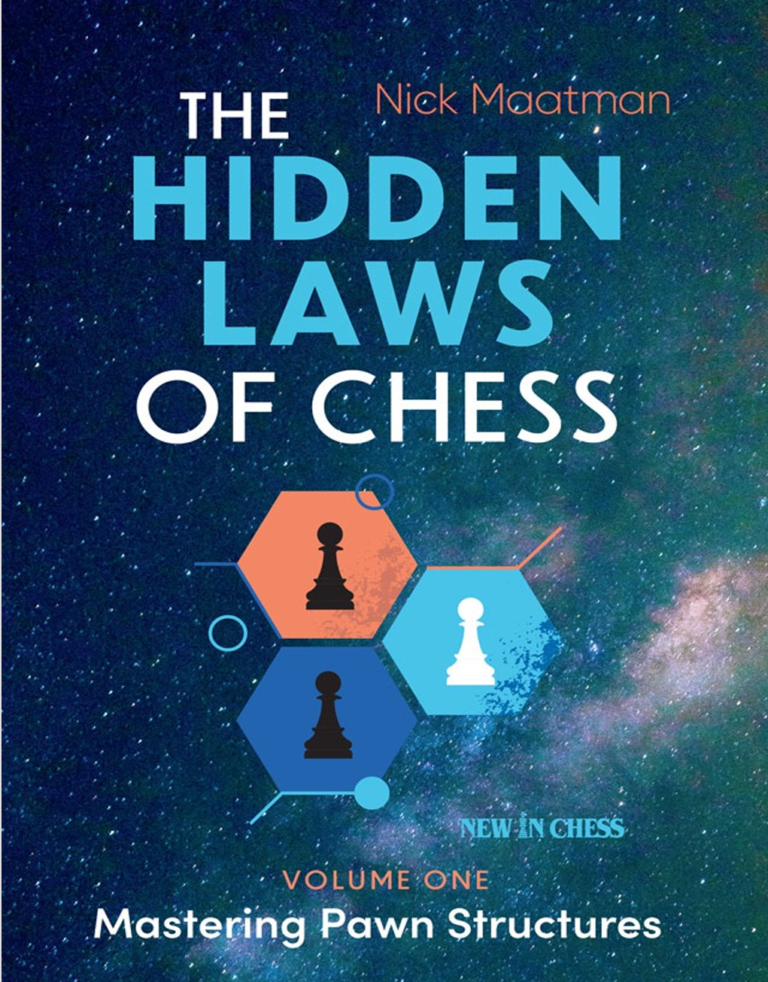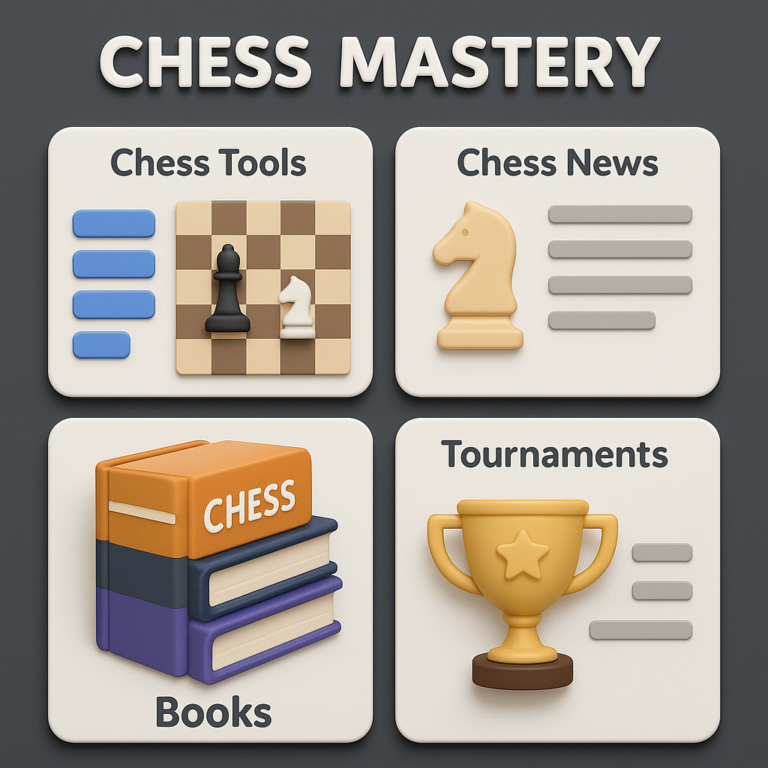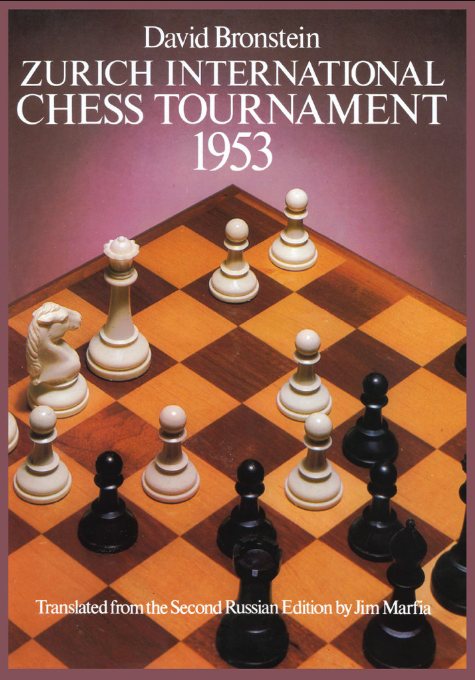
The book by Eckhart Tolle’s The Power of Now focuses on the importance of living in the present moment as a means of attaining spiritual enlightenment. Tolle argues that the human mind, by its nature, fixates on the past and the future, leading to suffering and a disconnect from one’s true self, which resides in the present. He advocates for a practice of “presence,” which involves observing one’s thoughts and feelings without judgment and surrendering to the present moment. Tolle emphasizes the role of the inner body as a portal to Being, a state of oneness and eternal presence. He also addresses the collective pain-body, which he believes is a significant obstacle for women’s spiritual development, and suggests a path toward healing and enlightenment through self-awareness and surrender.
“The Power of Now” by Eckhart Tolle is a profound and transformative spiritual guide that has the potential to radically shift one’s perspective on life. At the heart of Tolle’s teachings is the emphasis on present-moment awareness as the key to enlightenment and freedom from suffering.
The book’s central premise is that the mind is the greatest obstacle to true fulfillment and inner peace. Tolle argues that the human tendency to be trapped in a cycle of past regrets and future worries is the root cause of our suffering. He asserts that true liberation comes from freeing ourselves from the mind and accessing the power of the present moment, the Now.
One of the book’s most impactful concepts is the idea of misidentification with the mind. Tolle suggests that when individuals believe they are their thoughts and emotions, they create a false sense of self, the ego, which leads to fear, anxiety, and conflict. By becoming the watcher of the mind and observing thoughts and emotions without judgment or attachment, individuals can disidentify from the mind and access a state of pure consciousness, characterized by peace, stillness, and joy.
Another powerful aspect of “The Power of Now” is Tolle’s introduction of the “pain-body” – a collection of past emotional pain that can unconsciously control our thoughts and behavior. By becoming aware of the pain-body and accepting its presence without identification, Tolle asserts that individuals can transmute this negative energy into consciousness, leading to deep healing and transformation.
Throughout the book, Tolle emphasizes the importance of inhabiting the body and feeling the life energy within as a means of accessing Being, a deeper reality beyond form and time. He describes surrender as the key to spiritual realization, encouraging readers to accept the present moment without resistance, which can open them to the transformative power of spiritual energy.
Tolle also explores the role of relationships as spiritual practice, highlighting the challenges and opportunities they present for awakening. He encourages individuals to observe unconscious behavior in themselves and their partners without judgment, creating a space for transformation through presence and acceptance.
One of the most compelling aspects of “The Power of Now” is Tolle’s exploration of the transformative potential of suffering and limit-situations. He suggests that these difficult experiences can force individuals into surrender and awaken them to their true nature, if approached with presence and acceptance.
Overall, “The Power of Now” is a profound and life-changing work that offers practical guidance and insights for individuals seeking to live a more conscious and fulfilling life. Tolle’s teachings are a powerful invitation to shift our perception from the mind to the present moment, ultimately leading to a greater sense of freedom, peace, and connection with the deeper dimensions of our being.




Thank you for your sharing. I am worried that I lack creative ideas. It is your article that makes me full of hope. Thank you. But, I have a question, can you help me?
Thank you for your sharing. I am worried that I lack creative ideas. It is your article that makes me full of hope. Thank you. But, I have a question, can you help me? https://www.binance.com/zh-CN/join?ref=VDVEQ78S